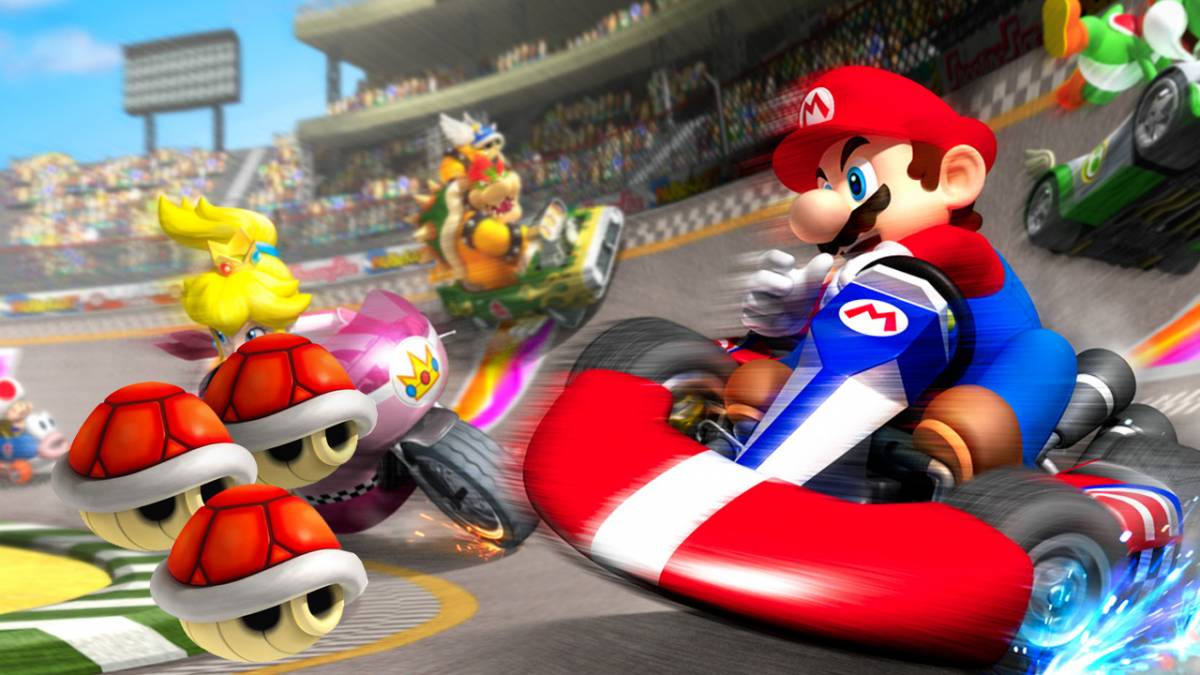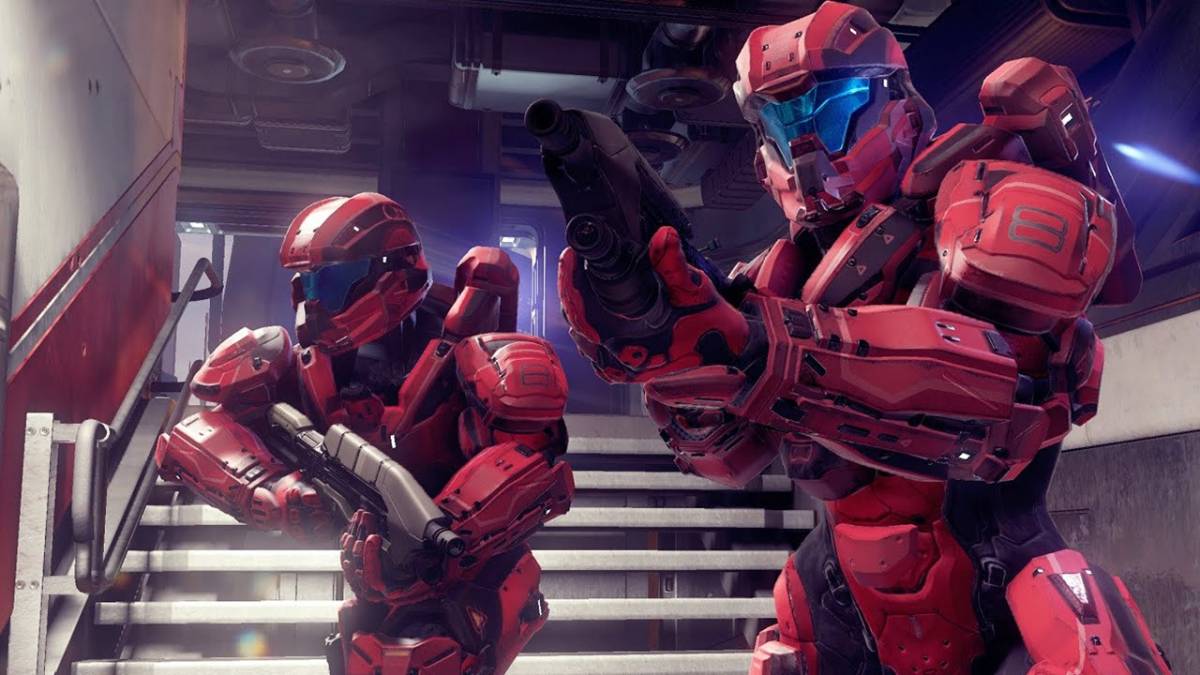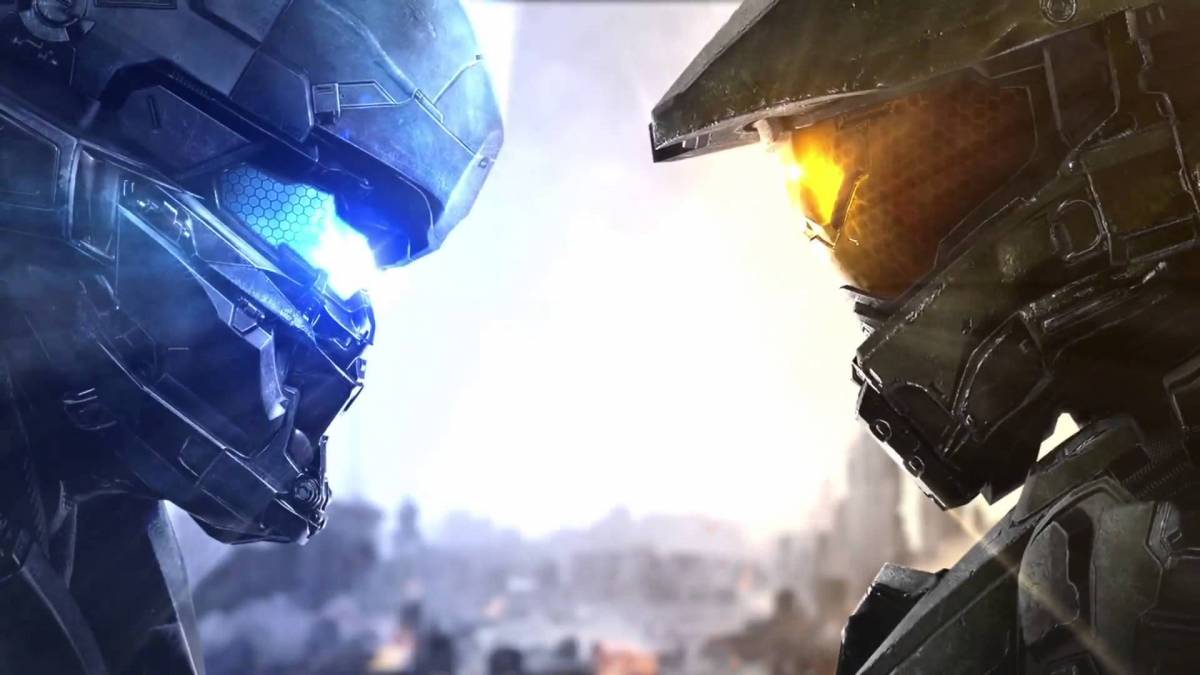Over my lifetime, I have played local multiplayer on every console I have owned, from the SNES and Genesis all the way to the recent Wii U. Offline gaming has always been there to pull out when I have had a couple of friends over and I would regularly play games such as Mario Kart, Diddy Kong Racing, Halo, and Smash Bros with my family. The memories that I have from playing these games are intrinsically linked to my childhood. Memories that I look back on fondly.
Sadly, local multiplayer has been appearing in fewer titles with each passing year. Developers are no longer as eager to support offline multiplayer as the rise of faster internet connections enabled gamers the ability to almost instantly connect and battle against players from around the world. Whether it is a 1v1 game of FIFA or huge team death matches on Halo 3’s Valhalla, online gaming allows gamers to play the same, smaller matches they played locally, but also matches involving an inordinate number of players that would not have been possible offline. No longer are games limited by the amount of controller ports on the front of a console.
The Xbox 360/PS3 were the first home consoles to fully integrate online as a major selling point. Yes, the Dreamcast, Xbox, PS2 and some earlier consoles dabbled with online gaming, but they were neither as successful nor as prominent in their respective consoles. The 360 and PS3 ushered in the exciting age of online gaming.
The problem was that it hasn’t – nor is it likely to ever – encapsulate the atmosphere that is provided by playing with people who are in the same room. Whether it is laughing at a friend who loses their temper and throws a controller or sharing a beer with three friends on a couch whilst playing Mario Kart.
There is something inherently fun about offline multiplayer. A quality that online gaming will never be able to replicate so it is a great shame that fewer games are including any form of local multiplayer with each passing year.
Recently, I have had the fortunate opportunity of interviewing Jason Love from co-optimus, a site dedicated to co-op gaming, who has kindly offered to express his insight on the decline of local multiplayer over the last decade.

Since the start of the seventh generation, the popularity of online gaming on consoles has exploded and, unfortunately, it seems that a by-product of this success is that fewer games are including offline multiplayer functionality.
Do you believe this downward trend of not including local co-op and split screen modes will continue over coming years or can you see it levelling off at some point?
I believe we’ve reached that leveling off point. As you said, the seventh generation of consoles saw an increase in the popularity of online gaming on them due to a variety of reasons (e.g., gamers having access to a more reliable Internet connection, console manufacturers incorporating wired/wireless technology in the consoles, publishers seeing a way to extend the life of their game through DLC), and that meant a lot of games that would have been local multiplayer only on a previous generation of console were now being developed for online play. Some of these titles still included local co-op/multiplayer, but the other consideration with all of this is the technology itself. We were asking for more and more realistic games, which meant having to squeeze every last bit of processing power from the consoles. That kind of a drain on a system’s resources meant that splitting the screen or having multiple local players on the screen at once was extremely difficult, though not impossible, depending on the game. The final piece of all this is the social considerations of online gaming. Suddenly, gamers could play with friends that lived in a different part of the country, or in another country altogether!
So, yes, online gaming took over in a big way. However, there still gamers that wanted to play games locally and, more importantly, there were developers that wanted that as well. It’s no coincidence that the “rise of the indie devs” also saw a rise in local multiplayer/co-op games on the consoles. While big studios were working on pushing out the next big AAA title, smaller dev teams could focus on making the kinds of games so many of us remember from our youth. As those games gained popularity, the industry took notice and started shifting as well. The end result of all this is where we’re at now. The eighth generation is still young and already it’s got a healthy amount of local multiplayer title available, with more getting announced/developed every day. I don’t anticipate local multiplayer titles ever reaching the same numbers they did even two generations back, but I don’t believe they will decline any further.
2016 was a big year for videogames. A plethora of great games were released including Doom, Hyper Light Drifter and Overwatch. Do you have an early favourite for GOTY 2016?
Hmmm… I’m a big fan of the Dark Souls series, so Dark Souls 3 is a definite personal favorite, but I’m also a big fan of the Warhammer tabletop game and Creative Assembly’s Total War: Warhammer title has done a great job of capturing the ideas of the tabletop within the context of a modern RTS. Plus, you can play through the Grand Campaign with a friend! Our Co-Op Game of the Year discussions will be interesting this year.

With game consoles steadily becoming more powerful with each passing generation, I imagine that home consoles will eventually be able to render multiple players without having to sacrifice graphical fidelity or create less CPU demanding levels. When consoles reach this point, do you think developers may be more inclined to include a split screen multiplayer or co-op?
I believe that some will, certainly, but I’m not sure consoles as we know them will ever reach that point; especially when considering the recent moves by Microsoft and Sony with the Scorpio and PlayStation 4 Pro. Both of those consoles represent a step up from the existing Xbox One and PlayStation 4, but are also attempts at getting on board with the next round of big graphical fidelity improvements: 4k and HDR. Some devs will want to take advantage of that and make their FPS or action title the most visually appealing that it’s ever been, which will mean having to forego the local multiplayer/co-op aspects. Once that technology gets to be more common, there will likely be some upgraded versions of the Scorpio and Pro that will be able to utilize those processes more efficiently, but by that point, the next big improvement will be around. This is also to say nothing of the potential that VR represents and the impact it could have.
In the end, I think that the general market for games that feature split-screen multiplayer/co-op has kind of settled out. Gamers interested in playing a game locally with friends aren’t necessarily interested in having that title be the most visually lifelike and instead are more focused on how good of an experience the game provides (just look at games like Nidhogg or Overcooked).
After viewing the data that I collected on local multiplayer games, I noticed that local multiplayer is appearing in fewer games released by larger companies whilst, in contrast, the number of offline multiplayer titles released by indie devs has been steadily growing.
In the foreseeable future, can you see smaller, downloadable games and indie titles that feature local multiplayer becoming even more prominent and do you believe these titles are important in keeping local multiplayer alive on consoles?
I don’t know if indie titles will become more prominent, as the industry as a whole has already taken notice of them, but they will certainly help to keep local multiplayer alive. The sheer number of indie games out there and the frequency with which new ones are getting released see to that. In my mind, there are two scenarios that would cause the to change. The first would be if console manufacturers decided to close off their platform to indie developers. Considering indie titles are a source of revenue for these companies, however, that seems very unlikely. The second scenario would be if there was a sharp turn in gamers’ attitudes towards local multiplayer games and they just didn’t want them any more. That, too, seems unlikely, given the number of popular local multiplayer titles that are out there now.
How do you feel about game series’ that were – or still are – synonymous with local multiplayer, dropping these features completely?
Ultimately, the games industry is a business and so some features may just not be worth it for a particular developer to spend the time working on, or a publisher may feel it’s not worth the developer’s time to do so. I know it’s easy to think of local multiplayer as a quick thing to implement, but there’s a lot of behind the scenes work with coding, balancing, testing, rebalancing, etc. that goes into all of it. At the end of the day, I’d rather a game series and its developer stay afloat than push for something that could lead it to fail.

What local multiplayer games do you recommend everyone should play?
On the co-op side, definitely Overcooked. One of the best local co-op games I’ve played in a few years, and it’s a game anyone can pick up and play regardless of their experience with video games. As for something that’s more player-vs-player focused, I don’t play a lot of games that fall into that category, but I’ve had a blast with Crawl and Gang Beasts.
Are there any games coming out soon that you recommend gamers should check out?
I haven’t been to any big gaming events recently (such as PAX or E3), so I haven’t been able to get hands-on with any game that are slated for release later this year. Personally, I’m looking forward to Divinity: Original Sin 2 and Space Hulk: Deathwing.
Thank you for taking the time to answer my questions. Are there any last thoughts you would like to share about local multiplayer?
The last thing I’d like to add to all this is that, ultimately, it’s the gaming community that keeps local multiplayer games alive. By discussing them in articles like this, by organizing tournaments around them, by asking developers/publishers to include local multiplayer as a feature in a game, and then telling them “thank you” when they do, it all acts as a signal to the industry that there’s still interest; and just like any industry, as long as there’s an interest/demand for a particular product, then they’ll continue to make it.
Some of the coverage you find on Cultured Vultures contains affiliate links, which provide us with small commissions based on purchases made from visiting our site. We cover gaming news, movie reviews, wrestling and much more.



